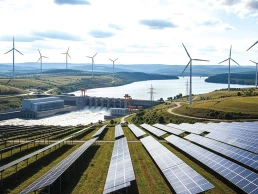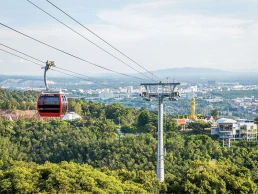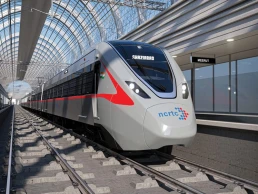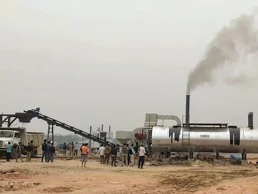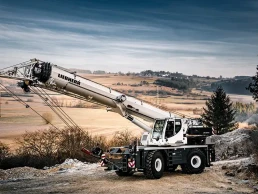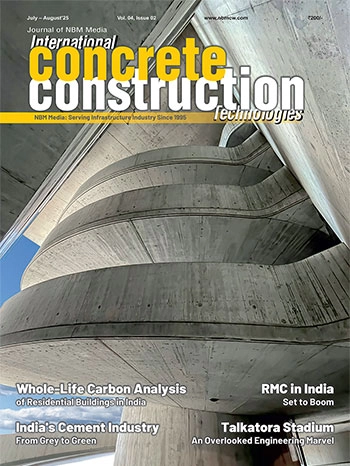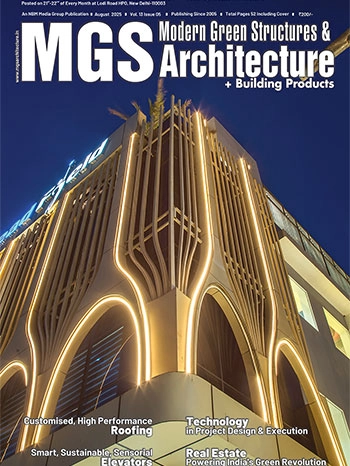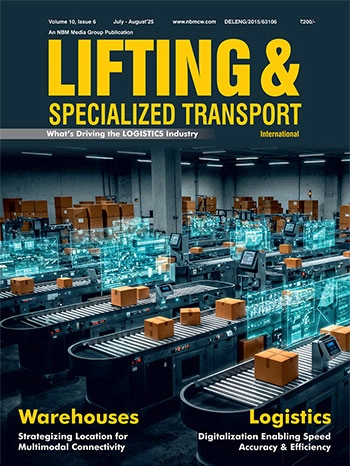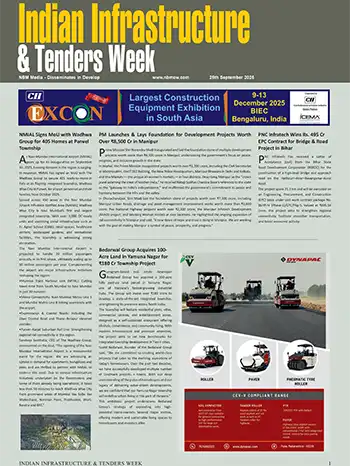Hilti’s Vadodara Plant Becomes India’s First to Receive DGNB Gold Certification
Hilti Manufacturing India’s facility in Vadodara, Gujarat, has become the first industrial plant in the country to earn the prestigious DGNB Gold Certification from the German Sustainable Building Council. This landmark achievement underscores Hilti’s long-term commitment to building sustainable, future-ready infrastructure in India.
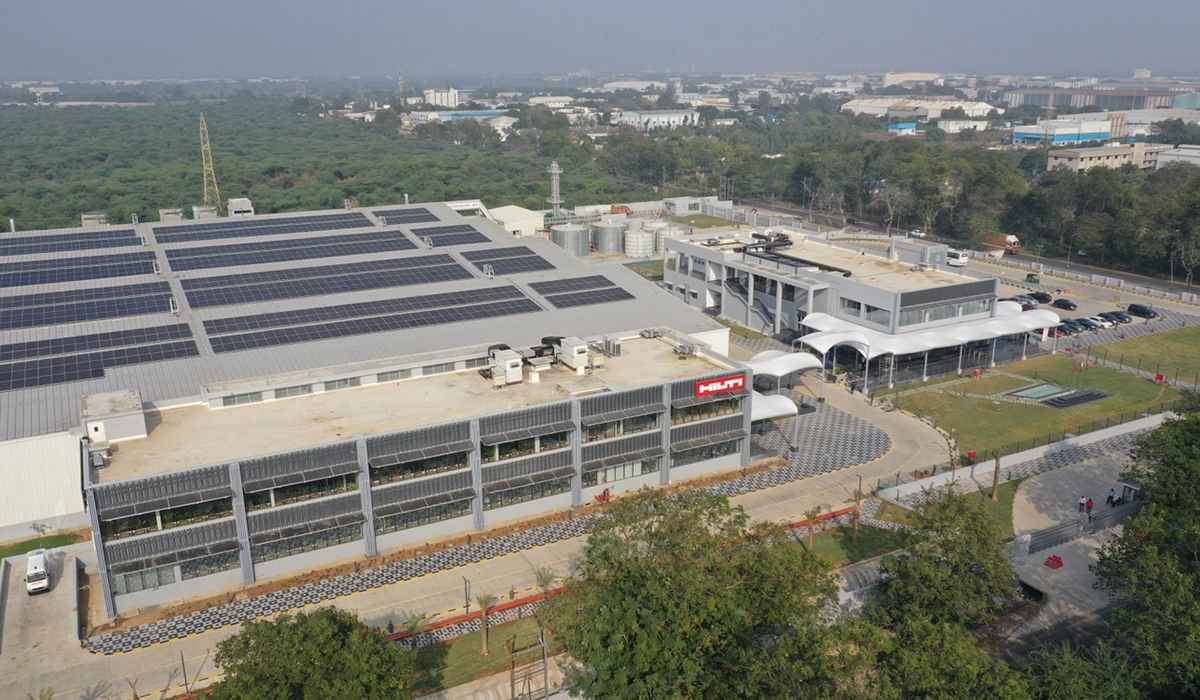
The certification aligns with Hilti’s global promise to be the best partner for productivity, safety, and sustainability, and reflects its ongoing efforts to decarbonize operations and reach net-zero emissions by 2050.
Awarded by the Deutsche Gesellschaft für Nachhaltiges Bauen (DGNB), one of the world’s most rigorous sustainability benchmarks, the certification evaluates buildings throughout their entire life cycle, covering environmental impact, economic viability, user well-being, and design excellence.
Giridhar Jambunathan, Director & Chief Executive Officer, Hilti Manufacturing India, commented, “Industrial buildings present unique challenges when it comes to sustainability, given their scale, complexity, and operational demands. From the outset, our goal with the Vadodara plant was to go beyond compliance and set a new benchmark for industrial construction in India. DGNB’s framework provided us the right balance of environmental, economic, and social metrics to guide that ambition. The Gold certification is a recognition of our team’s deep commitment to designing a facility that reflects both performance and purpose.”
Johannes Kreißig, Managing Director of the DGNB, said, “With the successful completion of DGNB certification in India and Hungary, Hilti has demonstrated that they set high standards for holistic sustainable construction in building its own facilities worldwide. Hilti is playing a truly pioneering role here, as the project in India is the first ever to be awarded DGNB certification in that country. In addition, the project in Hungary achieved the highest possible rating, with a DGNB Platinum certificate. This is a great result, and we can only congratulate them.”
Hilti India’s Vadodara plant sets a new standard for sustainable industrial construction in India. The facility was designed and executed according to DGNB’s three central pillars: economy, ecology, and sociocultural impact. A flexible layout maximises adaptability for future expansions, and the site integrates advanced technical systems to support high energy efficiency and optimal workplace conditions.
To meet economic efficiency standards, the plant features a highly innovative HVAC system based on chilled beams and radiant floor cooling. The system uses chilled water as its primary cooling medium and operates in convection mode, maintaining comfort conditions at 28±2°C. This water-based solution is approximately five times more efficient than conventional cooling methods. To further reduce energy consumption, the building incorporates multiple passive design features, including external shading devices, overdeck insulation, and solar-protective façade fins. All systems are connected to a centralised building management platform for continuous performance monitoring.
The facility’s ecological features reinforce Hilti’s environmental commitments. A 1500 MWh photovoltaic system generates renewable energy, supporting operations and electric vehicle infrastructure. The site is designed as a zero-discharge campus, equipped with rainwater harvesting and water treatment systems that ensure 100% water recycling. A Miyawaki forest, covering 25 per cent of the plant area, enhances biodiversity using native species. Additional efforts to reduce light pollution further contribute to the site’s ecological balance.

































